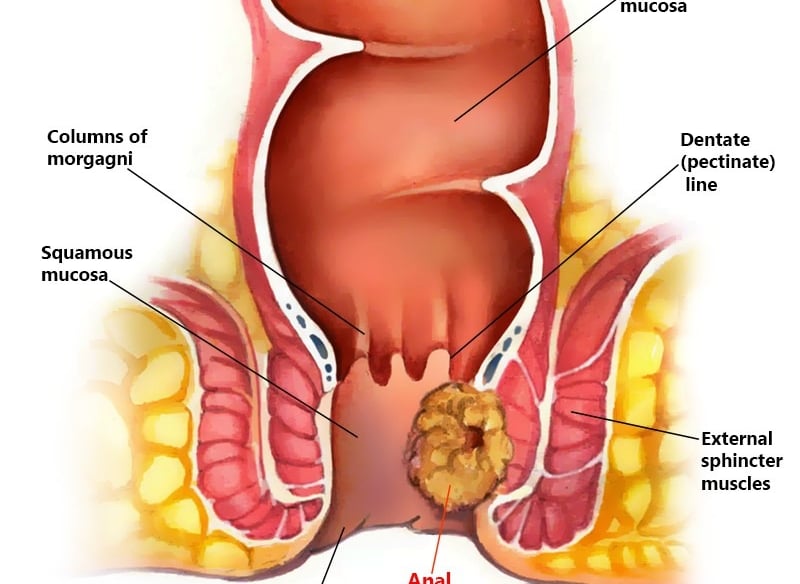Anal Cancer: Causes, Symptoms, Treatment, and Precautions
Explore the essential information about anal cancer, including its causes, common symptoms, available treatments, and crucial precautions. Gain in-depth understanding of this condition. #AnalCancer


Introduction
Anal cancer is a relatively rare form of cancer that affects the tissues of the anus. It develops when the cells in the anal canal, which is the short tube connecting the rectum to the outside of the body, grow abnormally and form a tumor. In this article, we will explore the causes, symptoms, treatment options, and precautions associated with anal cancer.
Causes of Anal Cancer
The exact cause of anal cancer is still unknown. However, certain factors are known to increase the risk of developing this condition. The primary cause is the infection with the human papillomavirus (HPV), specifically the high-risk strains HPV-16 and HPV-18. Other risk factors include:
Engaging in receptive anal sex
Having a weakened immune system, such as in individuals with HIV/AIDS
Smoking
Having a history of cervical, vaginal, or vulvar cancer
Symptoms of Anal Cancer
The symptoms of anal cancer may vary from person to person. Some common signs and symptoms include:
Rectal bleeding or blood in the stool
Persistent anal itching or pain
A lump or mass near the anus
Changes in bowel habits, such as diarrhea or constipation
Feeling of fullness or pressure in the anal area
Treatment Options for Anal Cancer
The treatment of anal cancer depends on various factors, including the stage of the cancer, the size and location of the tumor, and the overall health of the patient. The common treatment options for anal cancer include:
Chemotherapy: The use of drugs to kill cancer cells
Radiation therapy: The use of high-energy beams to destroy cancer cells
Surgery: The removal of the tumor and surrounding tissues
Targeted therapy: The use of drugs that specifically target cancer cells
Precautions for Anal Cancer
While it may not be possible to prevent anal cancer entirely, there are steps you can take to reduce your risk:
Practice safe sex and use barrier methods, such as condoms, to reduce the risk of HPV infection
Quit smoking, as it increases the risk of developing anal cancer
Get vaccinated against HPV, especially if you are in the recommended age group
Regularly undergo screenings for anal cancer, especially if you are at a higher risk due to factors such as HIV infection
Maintain a healthy lifestyle by eating a balanced diet, exercising regularly, and managing stress
Conclusion
Understanding the causes, symptoms, treatment options, and precautions associated with anal cancer is crucial for early detection and effective management of the disease. By being aware of the risk factors and taking appropriate precautions, you can reduce your risk of developing anal cancer and improve your overall well-being.
